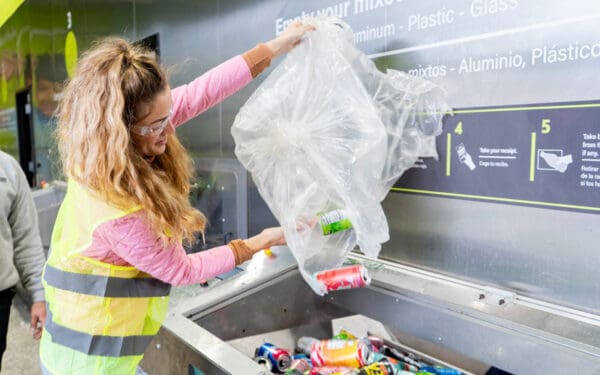COP29: Another Year of Stalling, Empty Promises, and Frustration
This year’s international climate conference, COP29, reminds me why local action is so critical to cutting carbon pollution.

This year’s international climate conference, COP29, reminds me why local action is so critical to cutting carbon pollution.

Project 2025, written as a blueprint for a new conservative administration, would eviscerate decades of hard-won environmental protections for the benefit of the wealthy few. The rest of us—and the country as a whole—would be much worse off because of it.
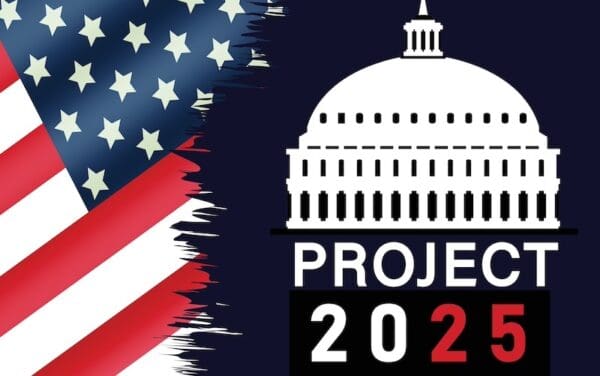
President-elect Donald Trump selected Lee Zeldin to lead the Environmental Protection Agency.
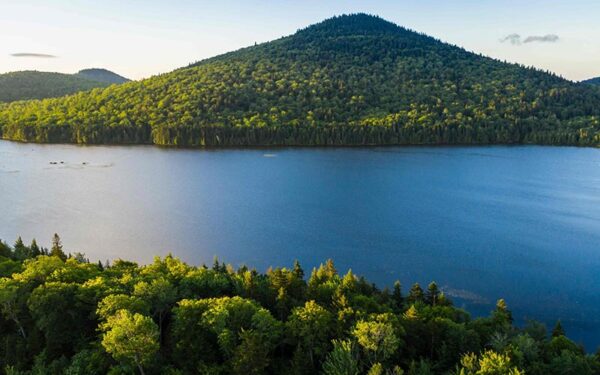
Boston’s MBTA is crumbling, underfunded, and unreliable, leaving riders stranded and disconnected. These three terrifying truths reveal the haunting reality of our aging transit system, calling for urgent action to secure funding and prevent further collapse.
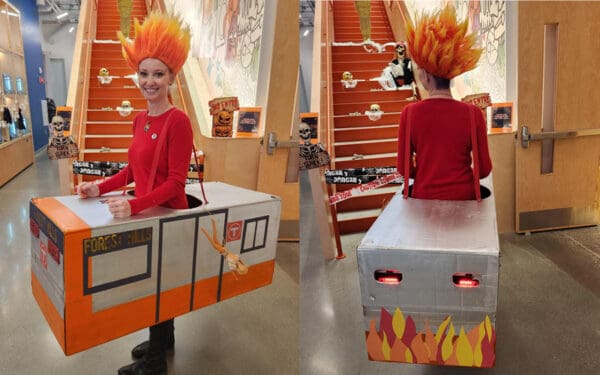
People are still digging out in Florida and North Carolina after two powerful hurricanes, Helene and Milton, hit this month. Neighborhoods were flooded, trees and power lines were toppled, and rising rivers even swept away some homes. The devastation was so striking it would be easy to imagine everyone felt it equally. But the fact… Continue reading What Hurricanes Helene and Milton Reveal About Storm Inequity
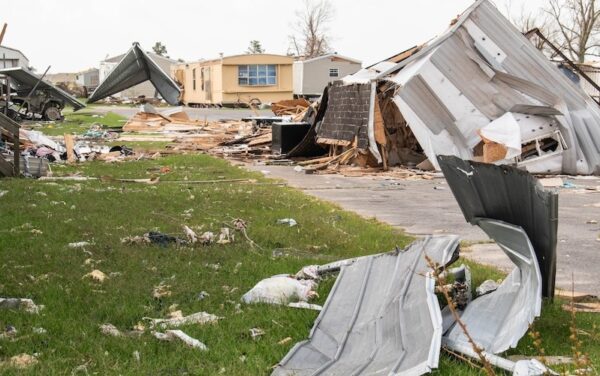
Follow our tips to nurture a strong, thriving tree canopy.
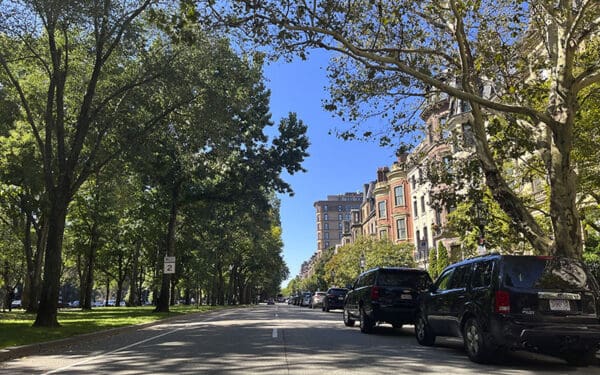
I thought I had found a climate haven for me and my family. After Helene, I realized that there is no haven for any of us.
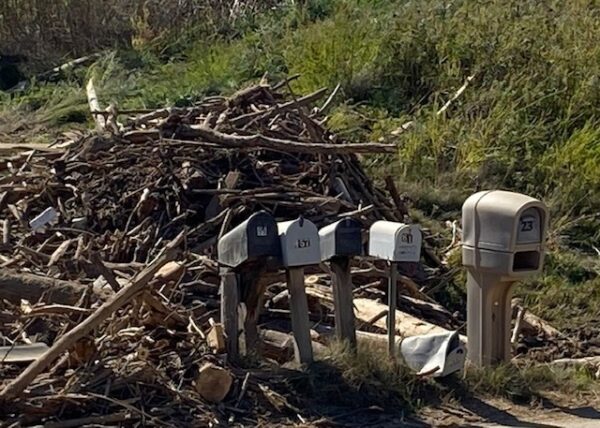
There is no haven from climate change. Like a B-movie horror film, we might run from the boogieman to locales we think are safe, but the scale and magnitude of climate change are so great that, sooner or later, the boogieman will get us.
Our only recourse now is to take our heads out of the sand and work to do something about it.
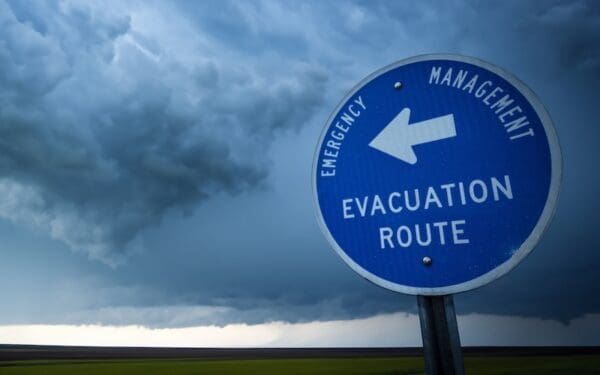
An increasingly accepted principle in city halls and state houses is that communities can become more resilient to extreme weather by leaning into nature.
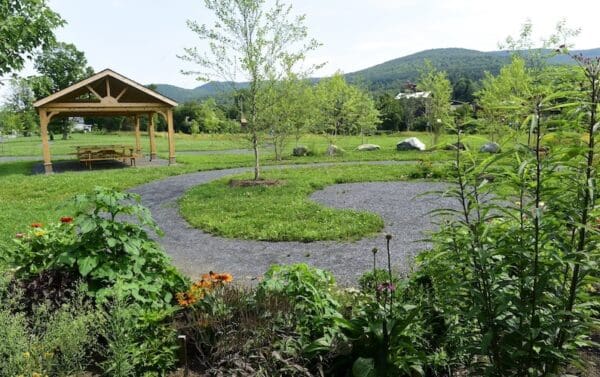
Bottle bills place a small deposit on beverage containers. Consumers get that deposit back when they return the empty containers. Bottle bills tackle litter and improve recycling. Despite these benefits, the waste and beverage industries argue these programs are outdated or unnecessary. But here’s the truth: bottle bills work. Let’s dispel some myths.
